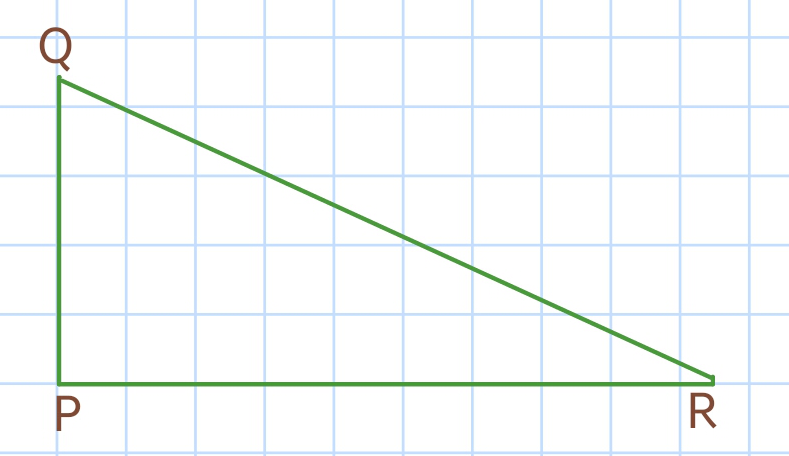it will screw you....
Right triangle PQR is to be constructed in the xy – plane so that the right angle is at P and line PR is parallel to the-axis. The x and y coordinates of P, Q, and R are to be integers that satisfy the inequalities: –4 ≤ x ≤ 5 and 6 ≤ y ≤ 16. How many different triangles could be constructed with these properties?
This section requires Javascript.
You are seeing this because something didn't load right. We suggest you, (a) try
refreshing the page, (b) enabling javascript if it is disabled on your browser and,
finally, (c)
loading the
non-javascript version of this page
. We're sorry about the hassle.
3 solutions
Using the given range of possible coordinates for the x and y values of each point, there are 100 total possible points with 10 x values and 10 y values. Choosing any two points Q and R, ( x q , y q ) and ( x r , y r ) respectively gives only two points possible for P, ( x r , y q ) and ( x q , y r ) , such that there is a right angle at P. With 100 potential cooridinates, the number of possible combinations of Q and R is 100*99=9900, and for each of these there are two possible locations of P. However, each of these scenarios is repeated twice, as when Q and R are switched the same triangle is made. Since there are two trianlges in each scenario but each of the 9900 scenarios occurs twice there are only 9900 possible triangles
Please upload your full solution......
There are 1 0 possible x − c o o r d i n a t e s and 1 1 possible y − c o o r d i n a t e s for point Q . Point R cannot have the same x and y − c o o r d i n a t e s with that of Q . Thus, point R has 9 possible x − c o o r d i n a t e s and 1 0 possible y − c o o r d i n a t e s . Point P will have the same x − c o o r d i n a t e with that of Q and the same y − c o o r d i n a t e with that of R .
So, the number of triangles that may be formed = ( 1 0 ) ( 1 1 ) ( 9 ) ( 1 0 ) = 9 9 0 0 .
Edit: Added image.